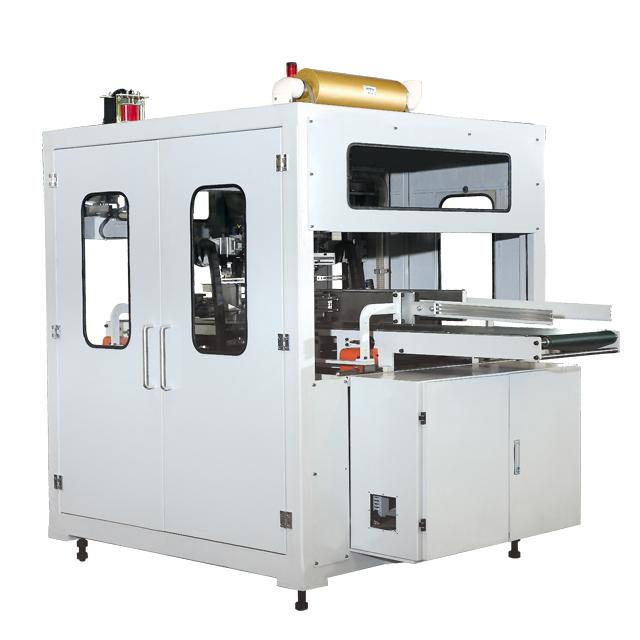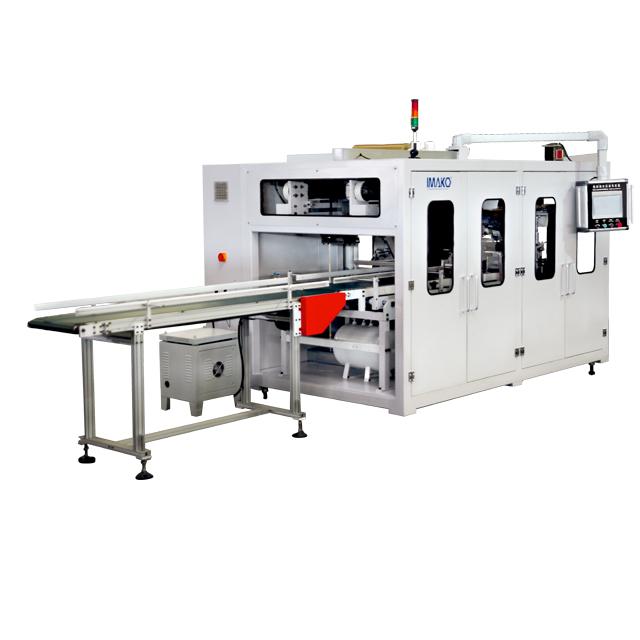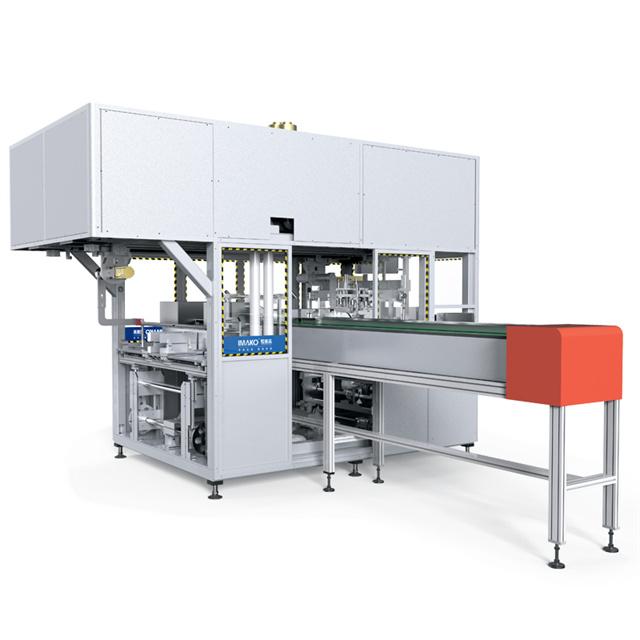Author:IMAKO Tissue MachineFROM:Toilet Paper Machine Manufacturer TIME:2023-10-13
Robotic palletizers have revolutionized the way goods are stacked and organized in various industries. These automated machines are designed to efficiently load and unload products onto pallets, resulting in significant improvements in productivity and cost-effectiveness. The versatility and precision of robotic palletizers have made them indispensable across multiple sectors, ranging from manufacturing and logistics to food processing and pharmaceuticals.

In the manufacturing industry, robotic palletizers play a crucial role in streamlining production processes. These machines can handle heavy loads and operate at high speeds, ensuring efficient stacking of products onto pallets. By automating the palletizing process, manufacturers can significantly reduce labor costs, minimize errors, and improve overall operational efficiency. Additionally, robotic palletizers can be easily integrated into existing production lines, making them a cost-effective solution for businesses looking to enhance their packaging operations.

The logistics and warehousing sector heavily relies on efficient palletization to ensure smooth inventory management and transportation of goods. Robotic palletizers excel in these areas by providing accurate and consistent stacking patterns, optimizing space utilization, and reducing the risk of damage during transit. With advanced vision systems and customizable palletizing algorithms, these machines can adapt to different product shapes, sizes, and weights, enabling seamless integration into diverse supply chain operations. The use of robotic palletizers in logistics and warehousing facilities also reduces manual handling, minimizing the risk of injuries and improving workplace safety.

In the food processing and pharmaceutical industries, maintaining product quality and hygiene is of utmost importance. Robotic palletizers offer a hygienic solution for palletizing sensitive products, ensuring compliance with stringent industry regulations. These machines are constructed using food-grade materials and are designed to meet strict cleanliness requirements. Moreover, the precise movements and gentle handling capabilities of robotic palletizers minimize product damage and preserve the integrity of perishable items such as fruits, vegetables, and pharmaceutical drugs. By automating the palletizing process, companies in these industries can enhance their production efficiency, reduce waste, and ensure product safety.
In conclusion, the applications of robotic palletizers are vast and diverse, spanning across multiple industries. Whether it is the manufacturing, logistics, or food processing sector, these automated machines offer numerous benefits including improved productivity, cost savings, and enhanced product quality. The versatility and efficiency of robotic palletizers make them an indispensable tool for businesses looking to optimize their packaging and palletizing operations. As technology continues to evolve, we can expect to see further advancements in robotic palletizers, making them even more integral to modern industrial processes.